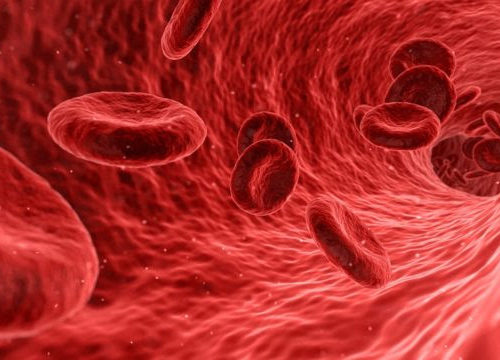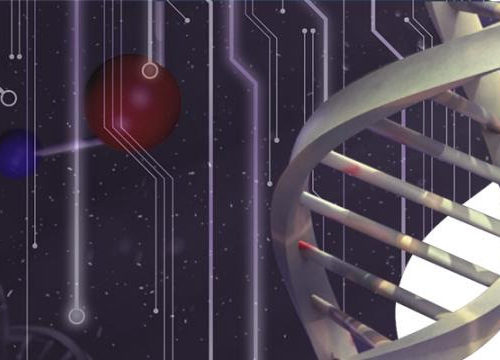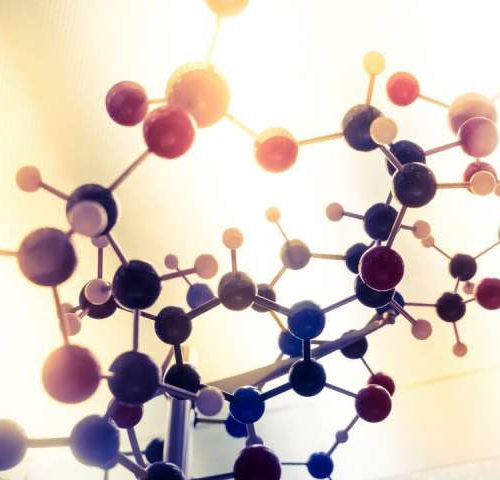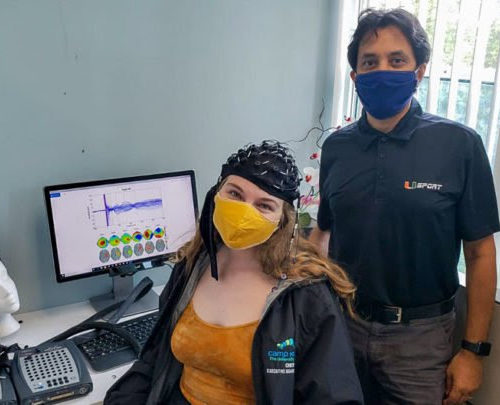Anticholinergic medications are used for many conditions but might also accelerate cognitive decline, especially in older persons with biological or genetic risk factors UNIVERSITY OF CALIFORNIA – SAN DIEGO A team of scientists, led by researchers at University of California San Diego School of Medicine, report that a class of drugs used for a broad...
Tag: <span>biomarkers</span>
Small particles in the blood can reveal early-stage cancer
Small particles released by cancer cells contain specific proteins that may be used in a blood test to detect cancer at an early stage, according to a study published in the scientific journal Cell by a group of investigators from US institutions, and including a principal author from LiU. Early detection of cancer increases the...
New method of detecting illnesses including coronavirus and cystic fibrosis
Examining individual molecules to detect the presence of disease in blood UNIVERSITY OF LEEDS ILLUSTRATION SHOWS THE MARRIAGE OF DNA NANOTECHNOLOGY AND BIOELECTRONICS.view more CREDIT: EATFISHDESIGN A new and quicker method of diagnosing diseases in patients has been created by researchers at the University of Leeds. The team has developed a system of examining individual...
Blood marker may reduce cancer burden
Researchers at Flinders University are expanding work on a promising blood test model to help predict or diagnose head and neck cancer, a difficult cancer to pick up early and treat. With cancer accounting for almost 10 million a year, the Global Burden of Disease report (2017) attributed more than 380,000 deaths to head and...
Detecting pancreatic cancer at treatable stages
by Brian Consiglio, University of Missouri Pancreatic cancer is rarely detected at its early stages because symptoms often do not present themselves until after the cancer has progressed. By then, invasive procedures such as surgery, chemotherapy or radiation are often needed to treat the cancer. Now, researchers at the University of Missouri’s College of Veterinary...
How a pregnant woman who smokes can be hurting her future grandchildren
by Ileana Varela, Florida International University The dangers of smoking are common knowledge. Smoking during pregnancy, even second-hand smoke, can hurt both the mother and her child. But her grandchildren? “Second-hand cigarette smoke exposure during pregnancy has damaging effects that could last for generations,” said Hitendra Chand, a biomedical researcher at the Herbert Wertheim College...
Risk of diabetes complications increases with elevated levels of NT-proBNP
DEUTSCHES ZENTRUM FUER DIABETESFORSCHUNG DZD Healthy people – especially women – with elevated levels of the heart failure marker NT-proBNP have a lower risk of developing type 2 diabetes. However, if these people develop diabetes nonetheless, they are more likely to suffer from macro- and microvascular complications such as heart attack, stroke, or severe damage...
Research explores how the brain functions
What does each part of the brain do and why? Can we communicate with a patient in a coma? How does continual cell phone screen-time affect us? These are the kind of questions that Brian Arwari ponders every day. A cognitive psychologist by training, he leads the neurocognitive lab in the Department of Kinesiology and...
Molecules in urine allow doctors to monitor skin cancer
Rapid, inexpensive and non-invasive technique can track malignant melanoma progression or treatment response DE GRUYTER What if you could simply provide a urine sample rather than undergo a painful surgical procedure to find out if your cancer was responding to treatment? It may seem too good to be true, but researchers at Pavol Jozef Šafárik...
Singapore researchers discover genetic link to predict positive response to immunotherapy in patient
Singapore, 12 August 2020 – A Singapore team led by clinician-scientists and researchers from the National Cancer Centre Singapore (NCCS) discovered a genetic link to better predict treatment response for relapsed/refractory patients with natural- killer T-cell lymphoma (NKTCL), a highly aggressive form of blood cancer. The team performed whole-genome sequencing, to identify mutation in PD-L1...





